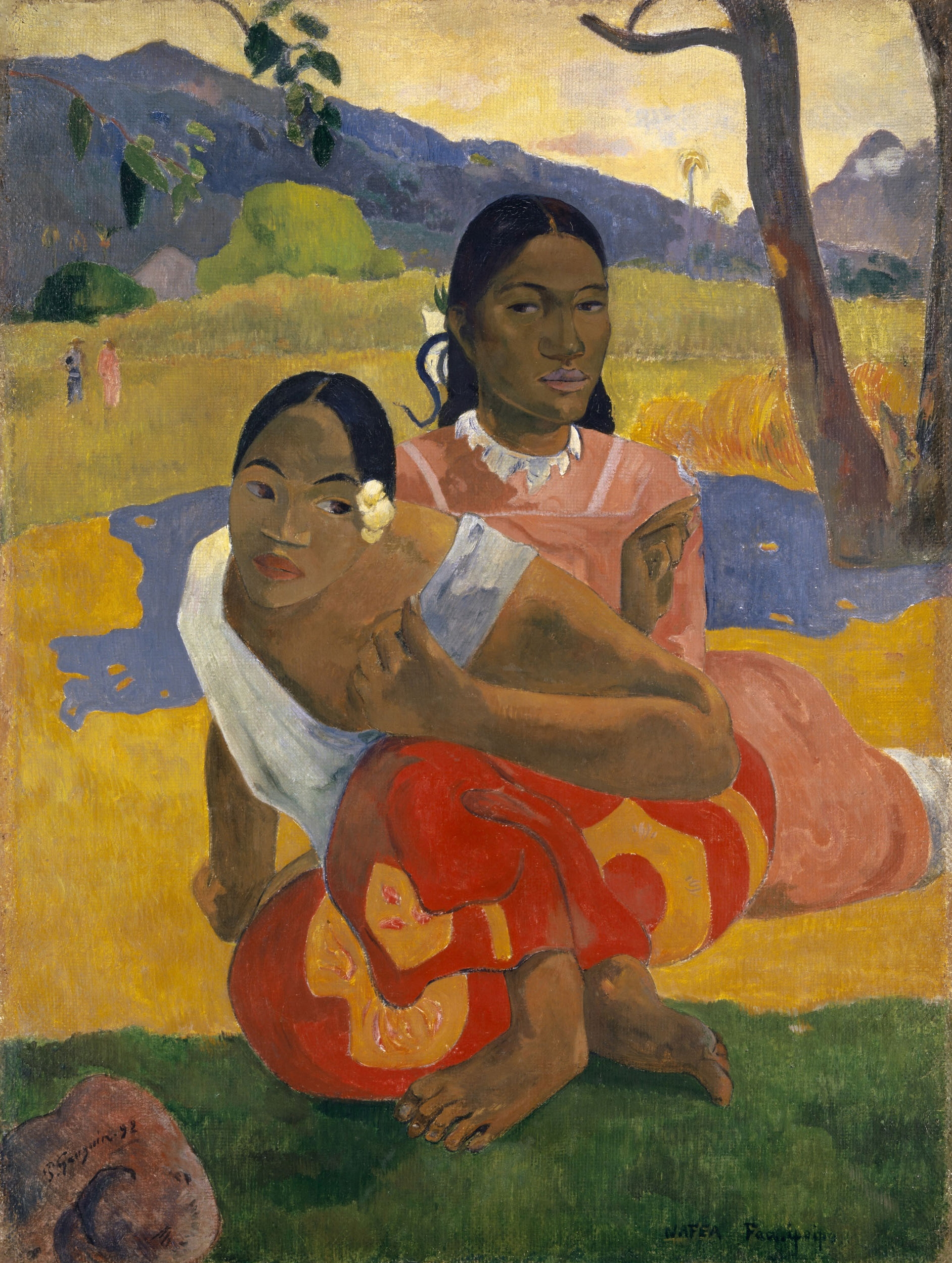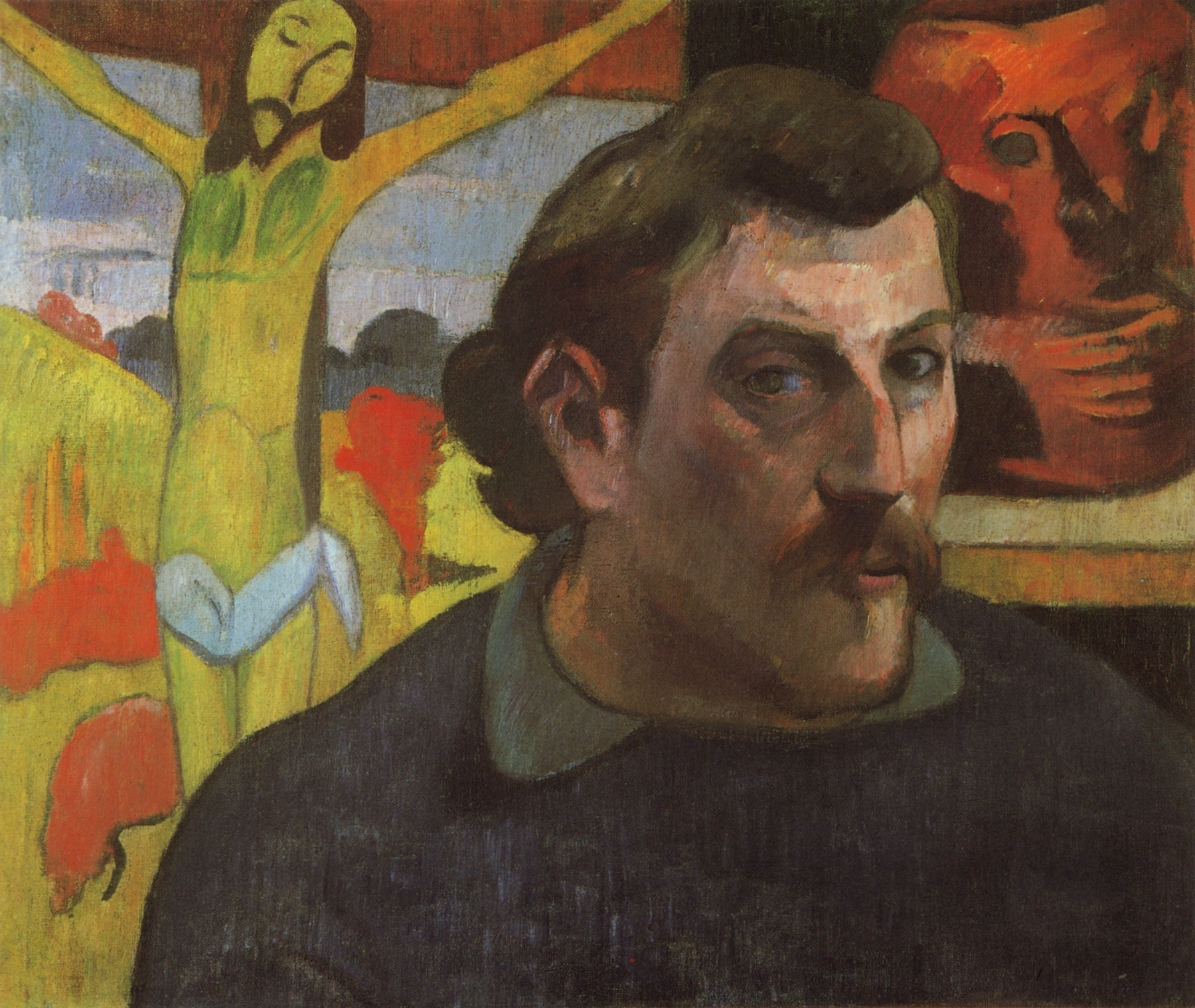The life of Paul Gauguin, who upended his European existence to seek primitivism in Tahiti (resulting in glowing canvases such as 1892's Nafea Faa Ipoipo [When Will You Marry?]), poses an interesting problem: the question of present value versus future value.
We all assume that our actions aren’t meaningless — that there is a plan for which we are responsible, and that our actions are of value to addressing that plan. Being the rational and reasoned person that you are, I probably won’t see you doing pointless things that have nothing to do with your tastes or objectives! We humans tend either to act first and only then justify our actions by trying to fit them into some objective (“Why was I so rude to her? Oh yeah, she’s actually kind of a snob and that will put her in her place.”) or, if we really are rational enough, to only act — for better or worse — according to the “plan” (“OK. I’m not going to be President so I am just going to get cookies because I love cookies…”). We justify our time, efforts, and sacrifices in order to benefit later when the goal, plan, or objective is accomplished. Usually we subordinate present value to future value, but it is always about valuing something.
What happens, then, when we act in a way that gives privilege to present, rather than future, value? Do we run a great risk of only fulfilling the goal of some valueless value? Does any future value make the actions that preceded it meaningless? Or does the way — the path — count as a value of its own? I’ve been struggling A LOT with this question: what is the value of pursuing a law degree if I’m unsure about wanting to practice law once I have the degree? Gauguin's work, his life, and the market fortunes of his art after his death pose a similar question, something I’ll call the “Gauguin dilemma.”
Find the value of this painting for Gauguin with these facts in hand: This painting sold in 2015 for one of the highest prices ever ($300 million); the painter was dead when it was sold at that high price, and had been unable to sell it on consignment for 1500 francs in his lifetime; it was painted in Tahiti where he had traveled to find primitivism, but he found a place influenced by French and European culture (his biographer Belinda Thomson observes that he must have been "disappointed”); it is a beautiful painting; he decided to paint full-time after bankruptcy and after being a successful business man; he was certainly recognized for this revolutionary piece but only after his death…
I guess you can see my point with the dilemma. Be free to share and comment or email us if you’re a good adviser.
Artur Deus Dionisio




When will you marry?
oil on canvas • 101cm x 77 cm
 Paul Gauguin
Paul Gauguin